Registration is now closed.
Academy Overview
The Biomedical Summer Academy will introduce participants to key concepts of data science and artificial intelligence, showing how they can be leveraged in biomedical research and incorporated into grant proposals. Previous course topics have included introductions to Python programming, machine learning techniques, and use-case examples.
Participants will come away from the summer academy with the necessary skills to abstractly consider data science solutions and apply them to biomedical problems. The summer academy is also a rich opportunity for interdisciplinary networking and research collaboration.
Topics
- Key concepts of data science
- Introduction to Python programming and its use in data science
- Machine learning techniques, including support vector machines, artificial neural networks, and deep learning
- Examples of biomedical research projects that leverage data science
- Incorporating data science into biomedical grant proposals
Academy Details
- Determine which data science / artificial intelligence techniques are appropriate for a given clinical application and apply them to their own clinical and/or research activities
- Develop strategies for integrating data science into their grant applications, work effectively with data scientists, and build new collaborations
- Utilize data science solutions and apply them to biomedical problems
- Apply a breadth of data science topics with data science experts as collaborators
- Skills to abstractly consider data science solutions and apply them to biomedical problems
- Receive a certificate of completion
We will send payment instructions to accepted applicants.
- $3,000 for external participants (30% discount for U-M Alums)
- Thanks to support from the University, we are able to offer a reduced price of $100 for U-M personnel and students
This academy workshop is open to all U-M and external biomedical scientists, but the content is geared towards junior faculty members and those from the public and private sector who are interested in learning about incorporating data science into their research.
- More than 14 days before the first day: full refund minus $50 processing fee
- Cancellation between 7 and 14 days of the first day: 50% refund
- Less than 7 days: no refund
College-level math or statistics. No previous coding experience is required.
Central Campus Classroom Building (CCCB) Room 3460
1225 Geddes Ave.
Ann Arbor, MI 48109
Parking available nearby includes a parking structure for U-M Blue/Gold permit holders, located at 525 Church St., and metered street parking along Church St. There is also a public garage at 650 S. Forest Ave. View available public parking in Ann Arbor here and real time occupancy counts and public parking structures here.
Lead Instructor
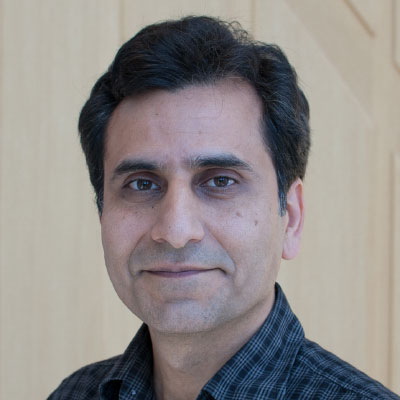
Kayvan Najarian, PhD
Professor of Computational Medicine and Bioinformatics, Emergency Medicine, and Electrical Engineering and Computer Science; MIDAS Associate Director; Director, Center for Data-Driven Drug Development and Treatment Assessment (DATA)
Dr. Kayvan Najarian is a Professor in the departments of Computational Medicine and Bioinformatics (DCMB), Emergency Medicine, and Electrical Engineering and Computer Science at the University of Michigan. He is the Director of the Biomedical and Clinical Informatics Laboratory and is an Associate Director for the Weil Institute for Critical Care Research and Innovation. Dr. Najarian is also an Associate Director for the Michigan Institute for Data & AI in Society (MIDAS), serving as the point person for data science collaboration in Biological Sciences and Health Sciences.
Dr. Najarian received his Ph.D. in Electrical and Computer Engineering from University of British Columbia, Canada, M.Sc in Biomedical Engineering from Amirkabir University, Iran, and B.Sc. in Electrical Engineering from Sharif University, Iran. The focus of Dr. Kayvan Najarian’s research is on the design of signal/image processing and machine learning methods to create computer-assisted clinical decision support systems that improve patient care and reduce the costs of healthcare.
Other Instructors
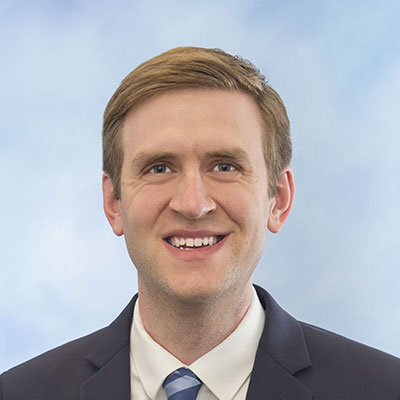
Joseph Kohne
Assistant Professor of Pediatrics,
Medical School
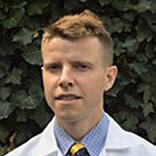
Michael Mathis
Associate Professor,
Anesthesiology
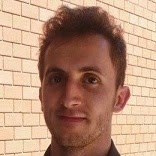
Cristian Minoccheri
Research Investigator,
Computational Medicine and Bioinformatics
Adjunct Lecturer in Computational Medicine and Bioinformatics,
Medical School
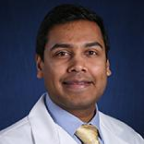
Nambi Nallasamy
Assistant Professor,
Ophthalmology

Ken Reid
Data Scientist,
MIDAS
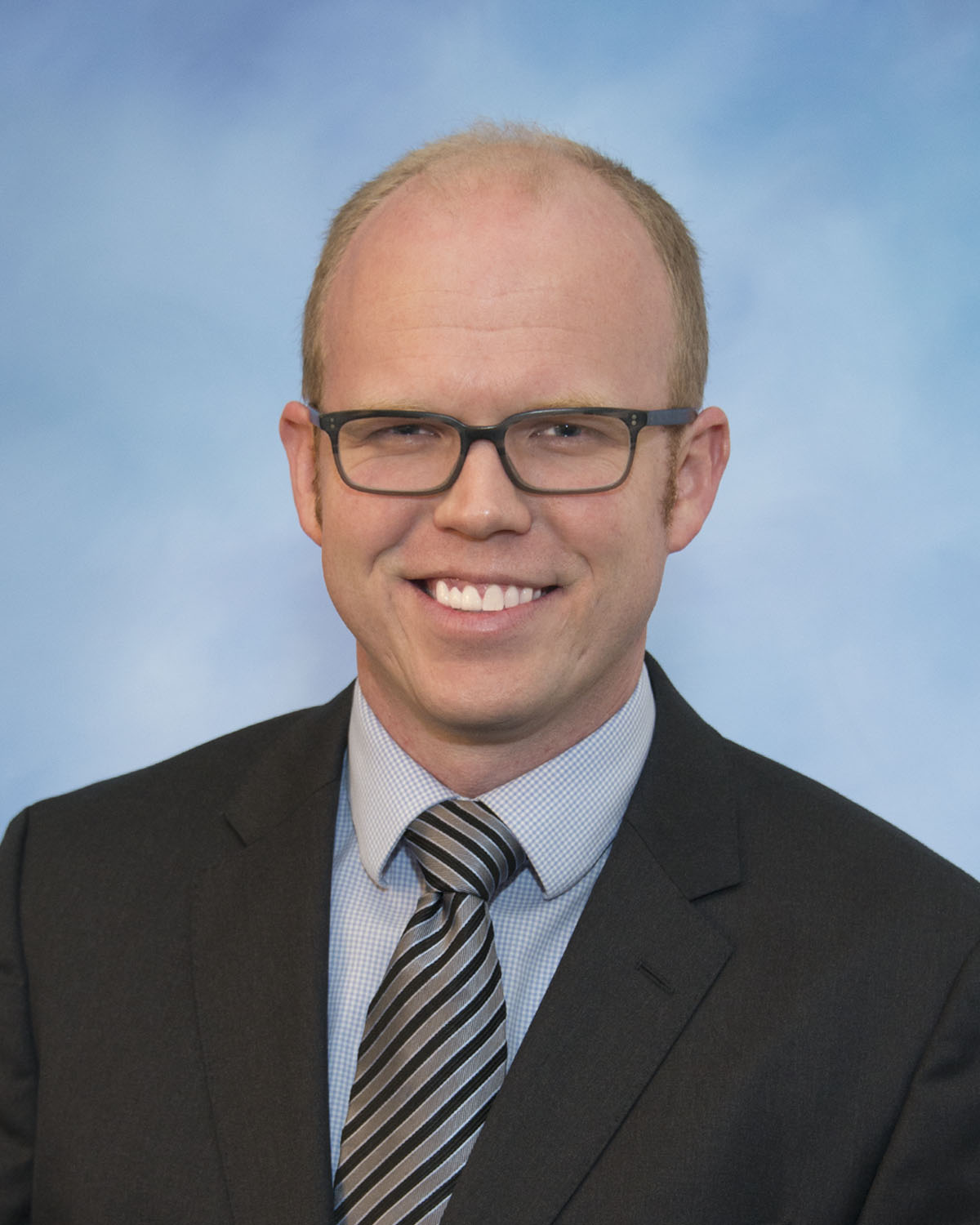
Michael Sjoding
Associate Professor,
Division of Pulmonary Critical Care
and Department of Internal Medicine
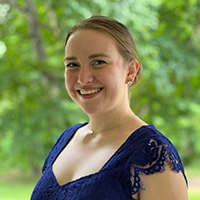
Emily Wittrup
Research Manager,
Biomedical & Clinical Informatics Lab
Academy Schedule
*Session dates and times may be subject to change
Day 1
8:00am – 9:30am : Session 1: Welcome and Introduction to the program
Presented by: Kayvan Najarian
9:30am – 9:45am : Break
9:45am – 11:15am : Session 2: Math Foundations I – Brief Introduction to Mathematical Foundations of Machine Learning
Presented by: Cristian Minoccheri
11:15am – 11:30am : Break
11:30am – 1:00pm : Session 3: Math Foundations II – Brief Introduction to Mathematical Foundations of Machine Learning
Presented by: Cristian Minoccheri
1:00pm – 2:00pm : Lunch Break (lunch will be provided)
2:00pm – 3:30pm : Session 4: Clustering vs Classification; k-means; k-Nearest Neighbors
Presented by: Kayvan Najarian
3:30pm – 3:45pm : Break
3:45pm – 4:45pm : Session 5: Introduction to Python Programming
Presented by: Emily Wittrup
Day 2
8:00am – 9:30am : Session 6: Simple Classification Methods and Feature Analysis
Presented by: Kayvan Najarian
9:30am – 9:45am : Break
9:45am – 11:15am : Session 7: Linear Regression, Logistic Regression
Presented by: Cristian Minoccheri
11:15am – 11:30am : Break
11:30am – 1:00pm : Session 8: Model Validation and Assessment
Presented by: Kayvan Najarian
1:00pm – 2:00pm : Lunch Break (lunch will be provided)
2:00pm – 3:30pm : Session 9: Using Machine Learning for Clinical and Health Applications I
Presented by: Joseph Kohne
3:30pm – 3:45pm : Break
3:45pm – 4:45pm : Session 10: Using Machine Learning for Clinical and Health Applications II
Presented by: Michael Mathis
Day 3
8:00am – 9:30am : Session 11: Python Programming for Linear Regression, Logistic Regression; Ridge Regression and Naïve Bayes
Presented by: Emily Wittrup
9:30am – 9:45am : Break
9:45am – 11:15am : Session 12: Artificial Neural Networks I
Presented by: Kayvan Najarian
11:15am – 11:30am : Break
11:30am – 1:00pm : Session 13: Regression Trees
Presented by: Kayvan Najarian
1:00pm – 2:00pm : Lunch Break (lunch will be provided)
2:00pm – 3:30pm : Session 14: Random Forest
Presented by: Kayvan Najarian
3:30pm – 3:45pm : Break
3:45pm – 4:45pm : Session 15: Python Programming for Neural Networks, Regression Trees and Random Forest
Presented by: Emily Wittrup
Day 4
8:00am – 9:30am : Session 16: Support Vector Machines
Presented by: Kayvan Najarian
9:30am – 9:45am : Break
9:45am – 11:15am : Session 17: Python Programming for Support Vector Machines
Presented by: Emily Wittrup
11:15am – 11:30am : Break
11:30am – 1:00pm : Session 18: Using Machine Learning for Clinical and Health Applications III
Presented by: Michael Sjoding
1:00pm – 2:00pm : Lunch Break (lunch will be provided)
2:00pm – 3:30pm : Session 19: Deep Learning I
Presented by: Ken Reid
3:30pm – 3:45pm : Break
3:45pm – 4:45pm : Session 20: Deep Learning II
Presented by: Ken Reid
Day 5
8:00am – 9:30am : Session 21: Python Programming for Deep Learning
Presented by: Emily Wittrup
9:30am – 9:45am : Break
9:45am – 11:15am : Session 22: Using Machine Learning for Clinical and Health Applications IV
Presented by: Nambi Nallasamy
11:15am – 11:30am : Break
11:30am – 1:00pm : Session 23: Strategies to Add Data Science Flavor to Health Related Projects and Grant Proposals
Presented by: Kayvan Najarian
1:00pm – 2:00pm : Lunch Break (lunch will be provided)
2:00pm – 3:30pm : Session 24: Guidelines on Using Machine Learning for Clinical Applications
Presented by: Michael Mathis
ACCME Accreditation Designation
This activity has been planned and implemented in accordance with the accreditation requirements and policies of the Accreditation Council for Continuing Medical Education (ACCME) through the joint providership of the University of Michigan Medical School and the Michigan Institute for Data & AI in Society. The University of Michigan Medical School is accredited by the ACCME to provide continuing medical education for physicians.
The University of Michigan Medical School designates this live activity for a maximum of XX AMA PRA Category 1 Credit(s)™. Physicians should claim only the credit commensurate with the extent of their participation in the activity.
Questions? Contact Us.
Contact Faculty Training Program Manager, Kelly Psilidis at [email protected]